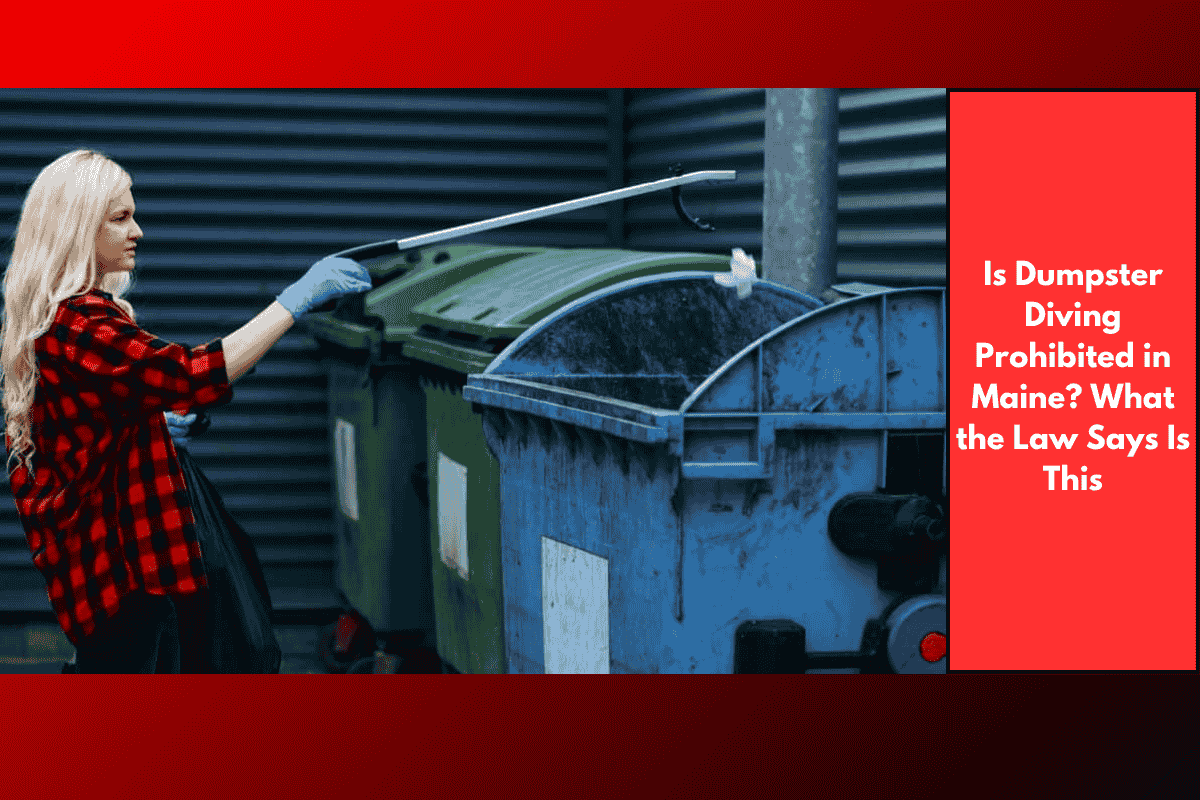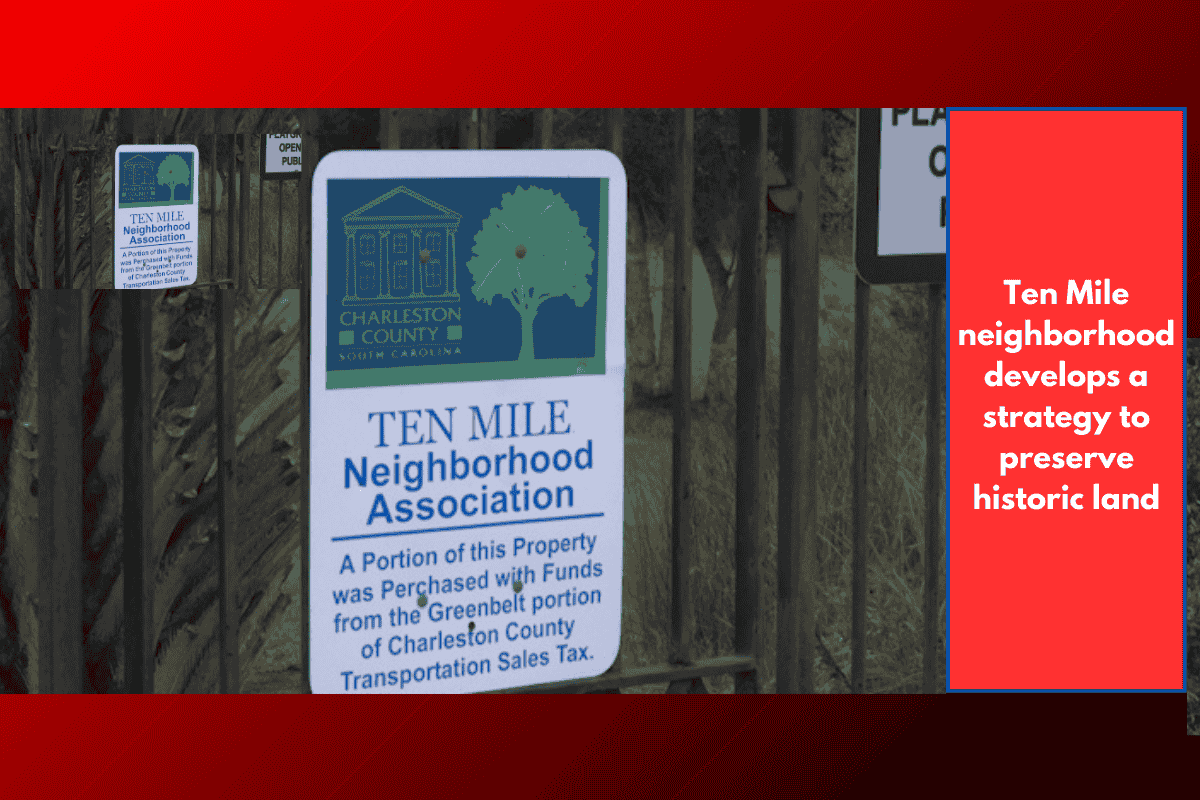Dumpster diving, the practice of searching through commercial or residential trash for items that can be salvaged or reused, is a topic that has raised legal questions across the United States. In Maine, as in many states, the legality of dumpster diving depends on various factors, including the location, ownership of the property, and local regulations. If you’re considering dumpster diving in Maine, here’s what you need to know about the law.
Is Dumpster Diving Legal in Maine?
In Maine, dumpster diving itself is not explicitly prohibited by state law. However, several factors may make it illegal, depending on the situation. The most important aspects to consider are property rights, trespassing, and the local ordinances that might regulate or restrict such activity.
Property Ownership and Trespassing Laws
One of the key issues with dumpster diving is that the dumpster or trash bin is usually considered the property of the person or business that owns it. Taking items from someone’s private property without permission may be considered trespassing, which is illegal in Maine and most other states. Trespassing laws prohibit unauthorized entry onto private property, and dumpster diving in someone’s yard or business without consent could lead to legal trouble.
Commercial Property: If the dumpster is located on commercial property (such as behind a store or restaurant), diving in these bins could be viewed as trespassing if you do not have permission from the owner or manager of the property.
Residential Property: Dumpster diving in a residential area without the homeowner’s permission could lead to charges of trespassing or theft if you take items.
Theft and Littering Laws
While dumpster diving in itself is not typically considered theft, the situation could become illegal if the items you retrieve are taken with the intent to keep or sell them without permission. For example, if you take goods from a business’s dumpster that are not discarded (but rather are meant to be disposed of later), you could be accused of theft by taking.
Additionally, if you end up leaving a mess or causing damage while going through someone else’s trash, you could face charges related to littering or damaging private property. Maine has laws against littering, and if your actions result in trash being spread across the property, you could be fined or face other penalties.
Local Regulations and Municipal Codes
In addition to trespassing and theft laws, Maine municipalities (cities and towns) may have their own local ordinances that address dumpster diving or related activities. For example, some towns might have trash or recycling ordinances that limit access to dumpsters, enforce certain disposal rules, or require dumpsters to be locked.
Municipal Trash Codes: Some municipalities may require businesses to secure their dumpsters to prevent unauthorized access.
Public Areas: In some cases, public areas may have restrictions on dumpster diving or scavenging, particularly if it involves public health or sanitation concerns.
Before diving into a dumpster, it’s important to check with your local town hall or city government to ensure you’re not violating any specific municipal codes.
Environmental and Health Concerns
While not a legal issue, dumpster diving can pose health and environmental risks. The trash found in dumpsters may contain hazardous materials, spoiled food, or sharp objects that could lead to injury or illness. It’s crucial to consider personal safety and hygiene when engaging in dumpster diving.
Additionally, many local governments have regulations in place for waste disposal that are aimed at keeping trash bins clean and free from unsanitary practices. If you’re diving in a public dumpster, you could face penalties for violating health codes or contaminating the environment.
Dumpster diving in Maine is not explicitly illegal, but it is important to be aware of local ordinances, trespassing laws, and potential theft charges. If you are considering diving into dumpsters, always ensure you have permission from the property owner and follow the rules set by local governments. Taking steps to avoid trespassing, theft, or littering can help you avoid legal issues and stay within the boundaries of the law.
SOURCES
[1] https://92moose.fm/is-dumpster-diving-legal-in-maine/
[2] https://wcyy.com/is-dumpster-diving-legal-in-maine/
[3] https://q1065.fm/illegal-to-dumpster-dive-in-maine/
[4] https://scrapsafari.com/dumpster-diving-in-maine/
[5] https://worldpopulationreview.com/state-rankings/dumpster-diving-legal-states














